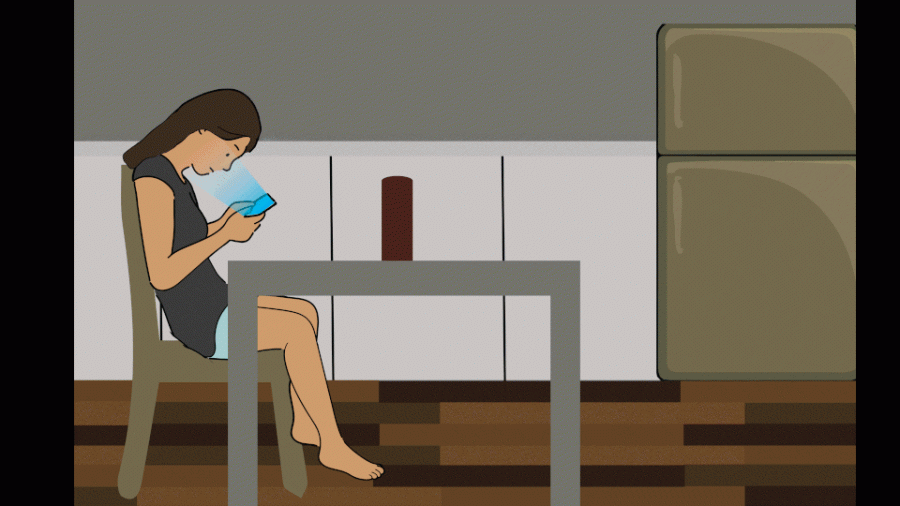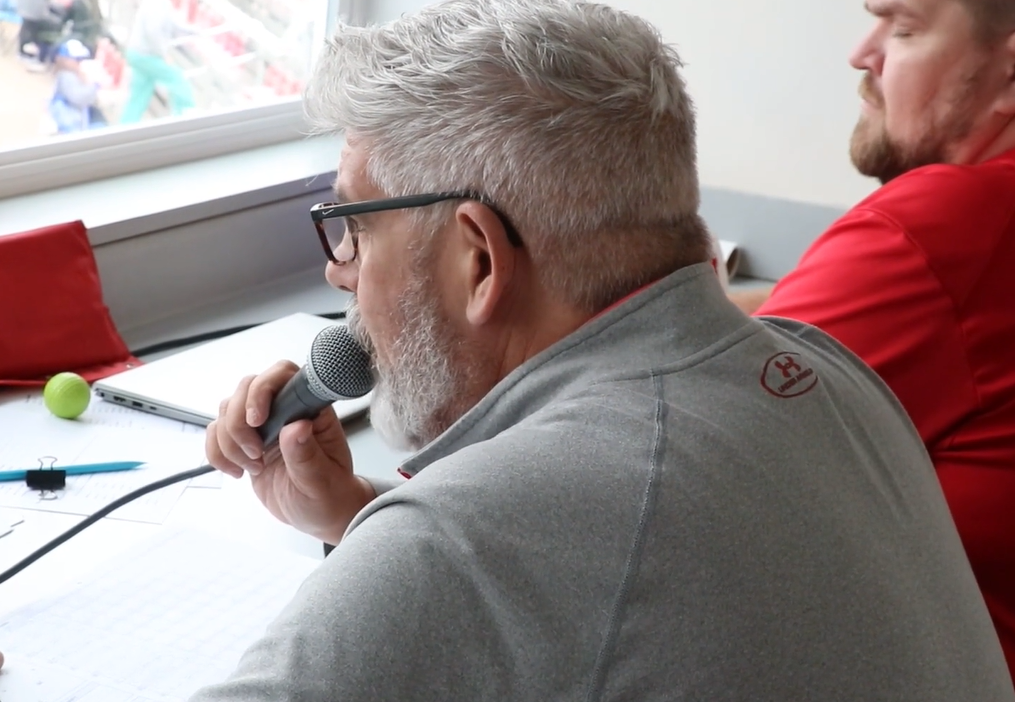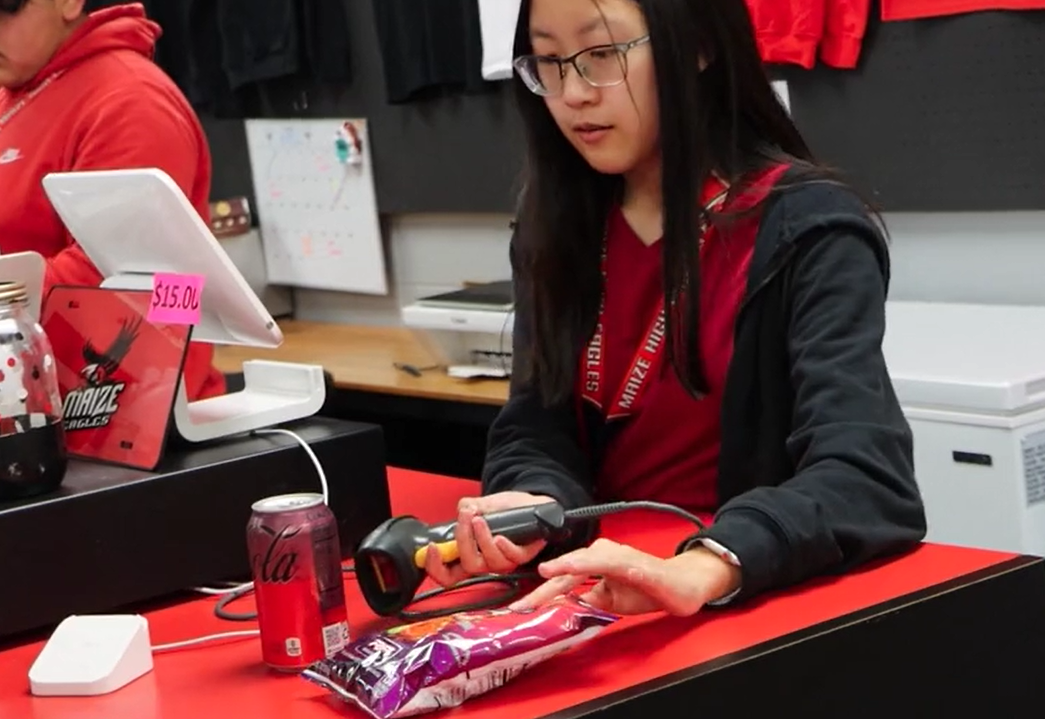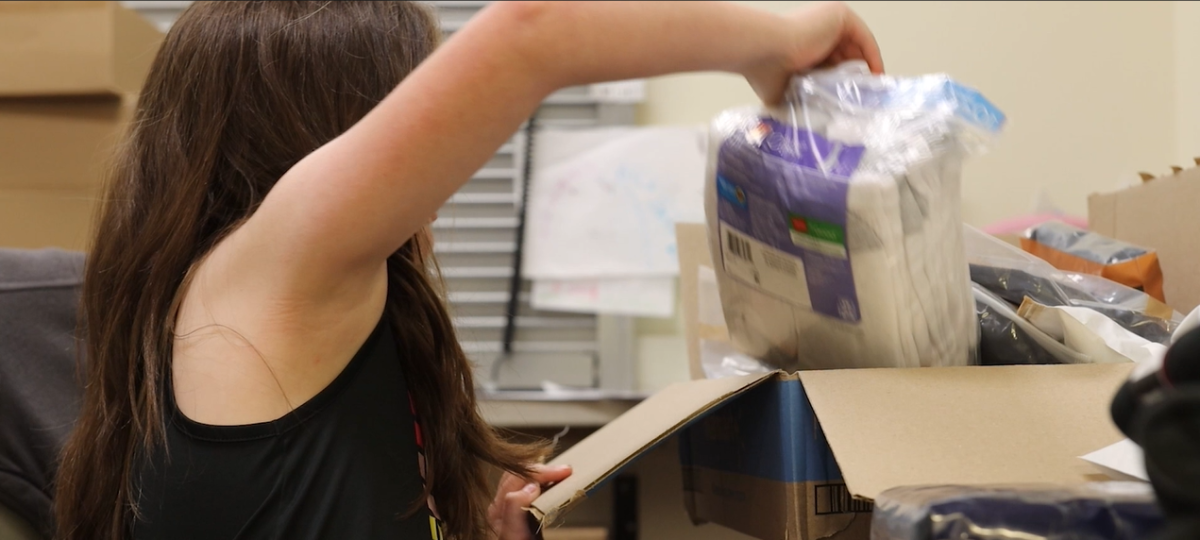When is enough, enough?
For teens, it takes more than knowing the risks of social media to limit their use, so when will it become enough to make the change?
April 19, 2023
Screen time. Social media. We hear it all the time; teens spend too much time on their phones. We know the negative effects, but why does it seem like nothing ever changes?
Daily screen time in teens continues to increase as the years go by. The New York Times reported that screen time from the start of the pandemic has gone up from seven hours and 22 minutes to eight hours and 39 minutes for teens ages 13 to 18.
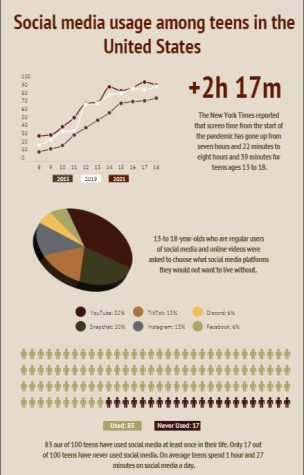
According to an article from the Sleep Foundation, being on your phone late at night can disrupt the release of melatonin, lengthening the time it takes to fall asleep and the overall restfulness. With early school start times, this can lead to increased tiredness throughout the day.
Maize South sophomore Hannah Richardson likes having social media and enjoys using it to communicate with people, but believes it can be bad for society.
“People will take things too seriously, like, some of the things people say on there and, you know, a lot of things can be spread badly,” Richardson said.
Richardson knows that being on her phone a lot has negative effects. She says that it causes her to pay attention less during class.
“My whole entire screen time is social media,” Richardson said. “It’s so addicting. Like, in math, I didn’t do my work because I wanted to go on social media, and I did that in all of my classes, and then you stay up really late.”
Richardson says she spends around six hours a day on social media, but wishes that number wasn’t so high.
“I feel like that’s an excessive amount,” Richardson said. “I think two to three hours, like that’s good. You can still talk to people and you can still, like, watch an hour or something, but I feel like half the time you’re awake shouldn’t be spent watching things.”
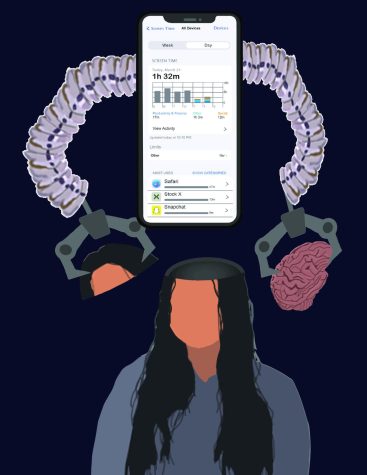
Maize South sophomore Eliana Nickel started out high school without any social media at all, but says she was still affected by her phone.
“I still used it to stay in contact with people basically daily and just sort of as a form of entertainment,” Nickel said.
Nickel thinks social media is a good way to stay connected with people, but sometimes teens use it for the wrong purpose. She says it adds to people’s screen time, and can also affect their school and social life.
“It can make them bad at in-person social skills and can cause a shorter attention span, I’m pretty sure,” Nickel said.
Nickel believes that despite knowing all these things, teens don’t care enough to make a change in their day-to-day habits, even though they probably should.
“I don’t think they really care enough to put in the effort because they don’t really see the effects in themselves,” Nickel said.
Maize High junior Grace Harris chooses to only have Instagram on her phone in hopes of avoiding such a high screen time. Harris said she averages around three and a half hours a day on her phone.
“I think it definitely is where it’s at because of Instagram,” Harris said. “I think if I had other social media platforms, it would be higher, significantly.”
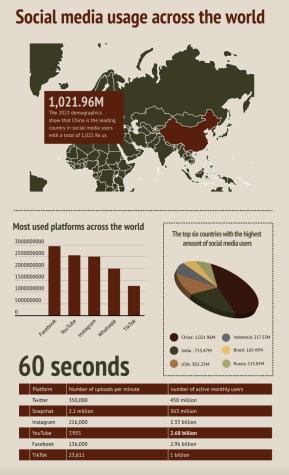
Besides impacting sleep schedules and focus during school, Harris says that one of her biggest concerns with social media is the comparison it can lead to.
“It can lead to a lot of, like, comparison, and you don’t really know what’s going on in people’s lives, so it can lead to a lot of drama or just like you comparing yourself to people when you don’t really know what’s completely going on in their lives,” Harris said.
Harris doesn’t think that teens will make a change in how much time they spend on their phone each day because it has just become a habit for many high schoolers to be on their phones for a long time.
“Honestly, I don’t think that we’re going to see an end to mindless scrolling because I think it’s just become a way for our generation to kind of decompress, and so I don’t really think we’re going to see an end to it,” Harris said.
Harris thinks that another reason we won’t see a change is simply because many high schoolers won’t want to spend less time on social media for the fear of missing out on what everyone else is doing.
“I think the fear of missing out is a strong reason, so I think a lot of people do care about the negative effects, but they just don’t care enough to change what they’re doing,” Harris said.

